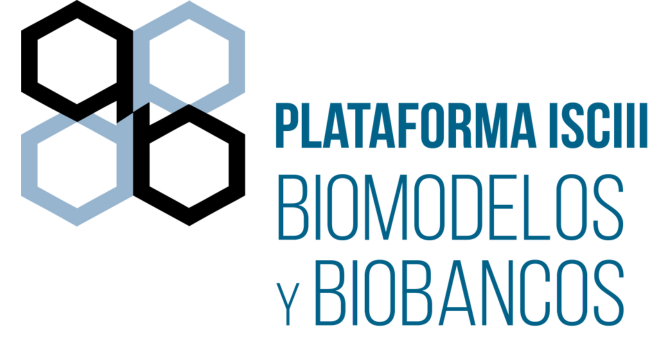
ORGANOID HUB
With over twenty units with experience in the generation and characterisation of cellular biomodels, the ORGANOID HUB of the ISCIII Biobanks and Biomodels Platform offers the highest level and quality and cutting-edge services in the guidance, validation and production of organoids from adult stem cells and pluripotent stem cells. Our portfolio includes applications such as organ-on-a-chip and guidance in applications like genetic editing. We also provide guidance on issues in the ethical and legal realm.
SERVICES

Org chart

IVÁN FERNÁNDEZ VEGA MD, PhD.
Teaching experience: Associate Professor at the University of Oviedo and Head of the Pathological Anatomy Area (2024). Over 15 years of university teaching experience as an honorary collaborating professor (4), guest professor (3), assistant professor (7), and tenured professor (1). Coordinator of subjects such as General Pathological Anatomy and Neuropathology. Director of the University Expert Degree in Neurological Tissue Banks for three editions from 2020 to 2022. Several awards as a leader in teaching innovation projects.
Clinical experience: Medical specialist in Surgical Pathology (2013) at the Central University Hospital of Asturias since 2016, with a subspecialty in neuropathology. Stays abroad at King’s College Hospital and University College Hospital in London. Neuropathologist at the University Hospital of Álava and Director of the Neurological Tissue Bank (BTN) of the Basque Country (2013-2016). Former territorial president of the Spanish Society of Pathological Anatomy in the Principality of Asturias from 2020 to 2024. Delegate member of the European Society of Pathology Academy (ESPA), representing European pathologists under 35 during the period 2019-2023. Appointed ambassador of the European Society of Pathology at the American Society of Clinical Oncology (ASCO) congress in 2024. Several awards as a project leader in both national and international European congresses.
Scientific experience: Scientific Director of the Biobank of the Principality of Asturias (BioPA) since 2023 (previously Director of the BTN in the same biobank since 2016). Over 15 years of experience working with biobanks and more than 10 years of continuous involvement with the Biobank and Biomodels Network/Platform. Expert researcher in the study of proteoglycans especially in the field of cancer and neurodegenerative diseases. Director of several doctoral theses, master’s, and bachelor’s final projects. Doctor of Medicine (2014), with Master’s degrees in Bioethics and Molecular Oncology. Over 85 scientific publications and 14 funded research projects. H-index around 20.
Favorite Quote: “I was born a scientist, but I became a doctor to be a scientist.”

ROCÍO AGUILAR QUESADA
PhD in Biochemistry, M.S. in Molecular and Cellular Immunology and M.S. in Biobanks and use of human biological samples for biomedical research. Rocío Aguilar-Quesada has been Technical Manager of the Andalusian Public Health System Biobank in Granada since 2009. Since joining, her work has focused on the start-up of laboratories and management within the framework of biobanks, completing her education in processes validation, quality control and audits of quality management systems. In addition, she has been actively involved in forums on ethical-legal and social aspects (ELSI), taking training in bioethics and data protection. She is councilor of the European, Middle Eastern & African Society for Biopreservation and Biobanking (ESBB) and Regional Ambassador for the EMEA Region of the ISBER (International Society for Biological and Environmental Repositories), being awarded the ISBER 2024 Special Service Award for her role as co-chair of the ISBER 2023 Regional Meeting in Granada. She has contributed to the 5th edition of the ISBER Best Practices and participates in different ESBB and ISBER Working Groups related to quality assurance, biospecimen science and ELSI, with several publications as a result of these collaborations. Rocío Aguilar-Quesada has participated as teacher in courses (also contributing to their organization), masters (mentoring several pupils) and workshops on a variety of biobanking operations, contributing to the elaboration of guidelines and educational materials.

























